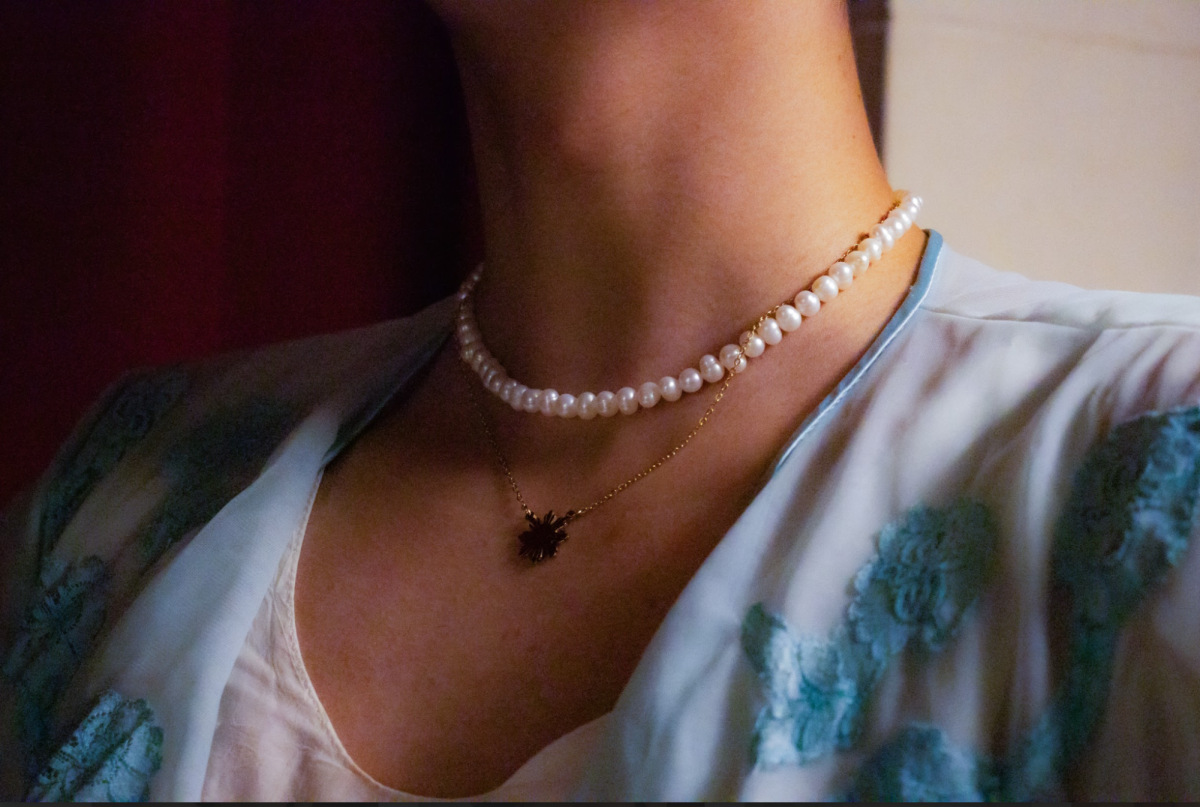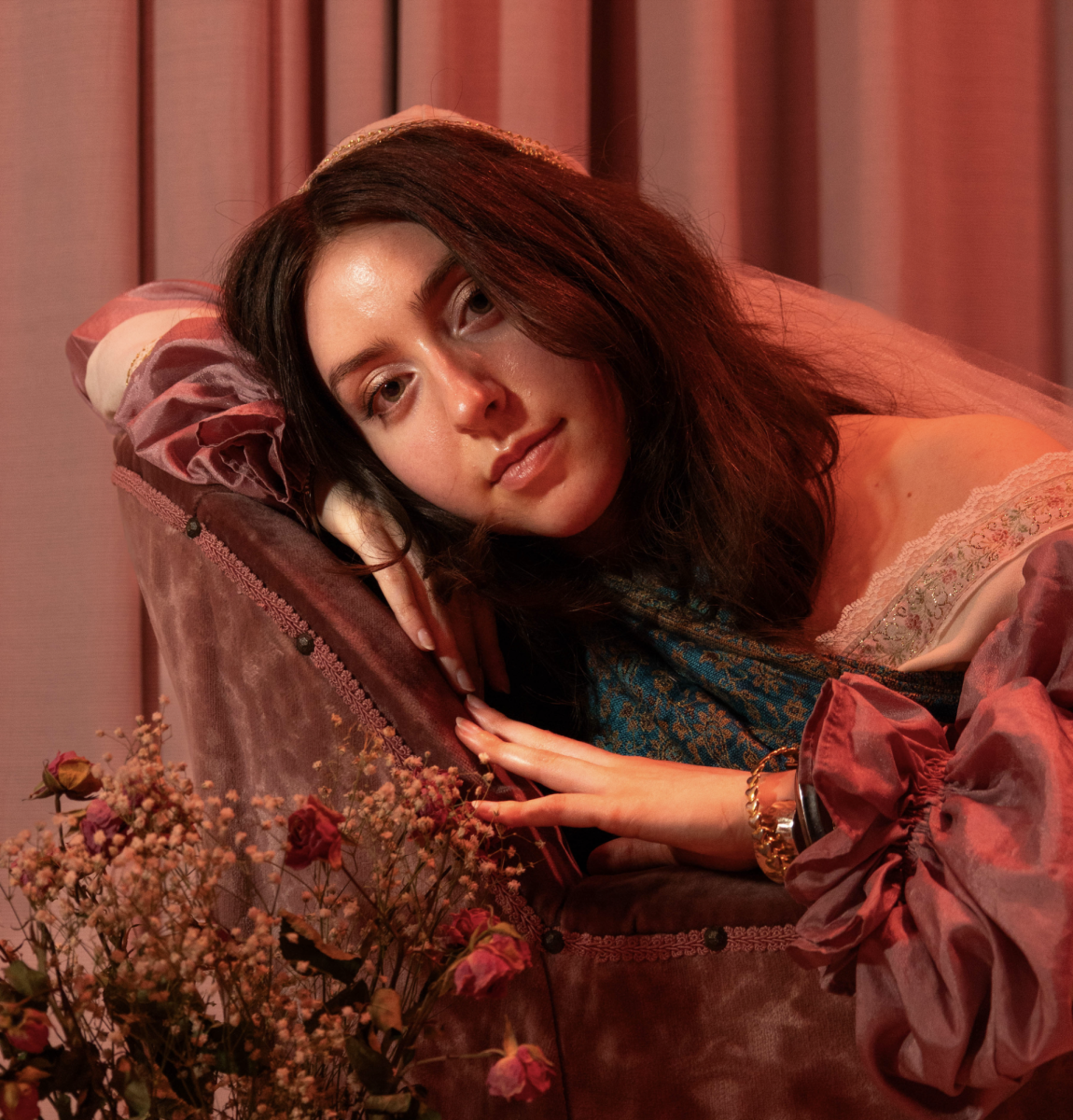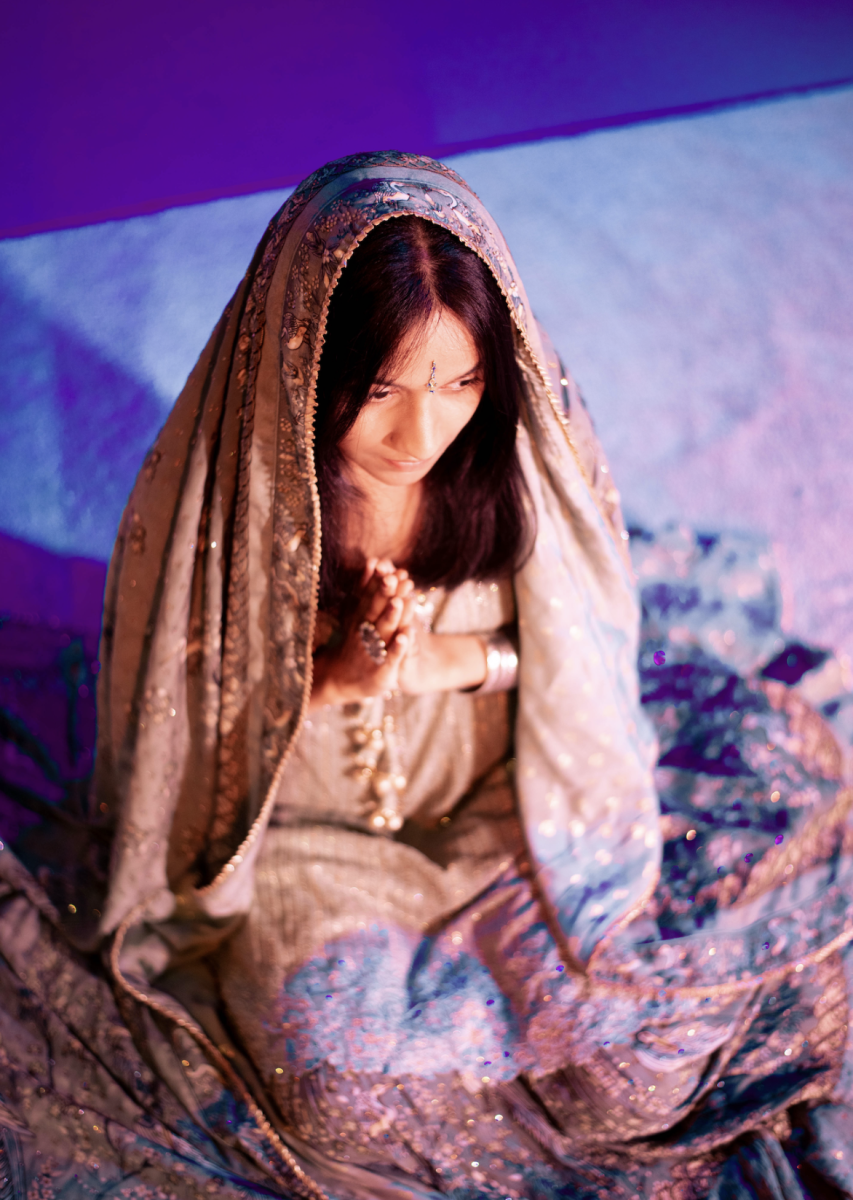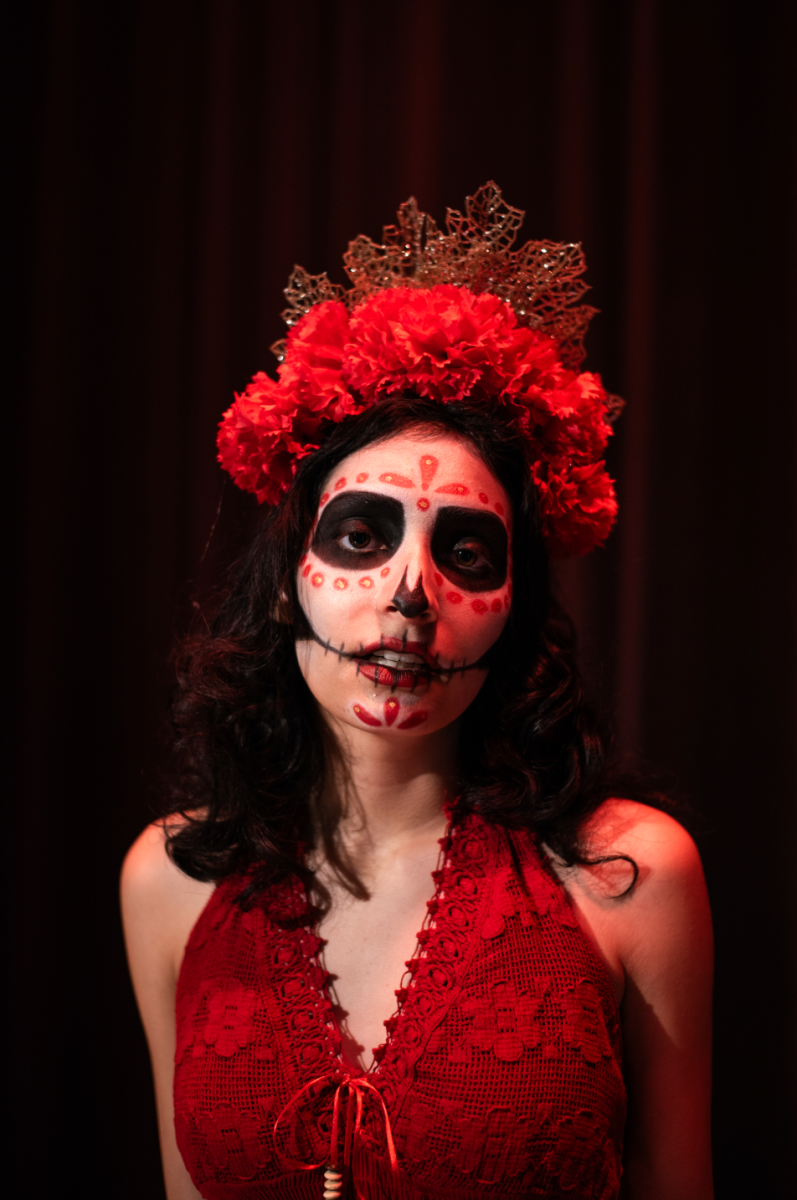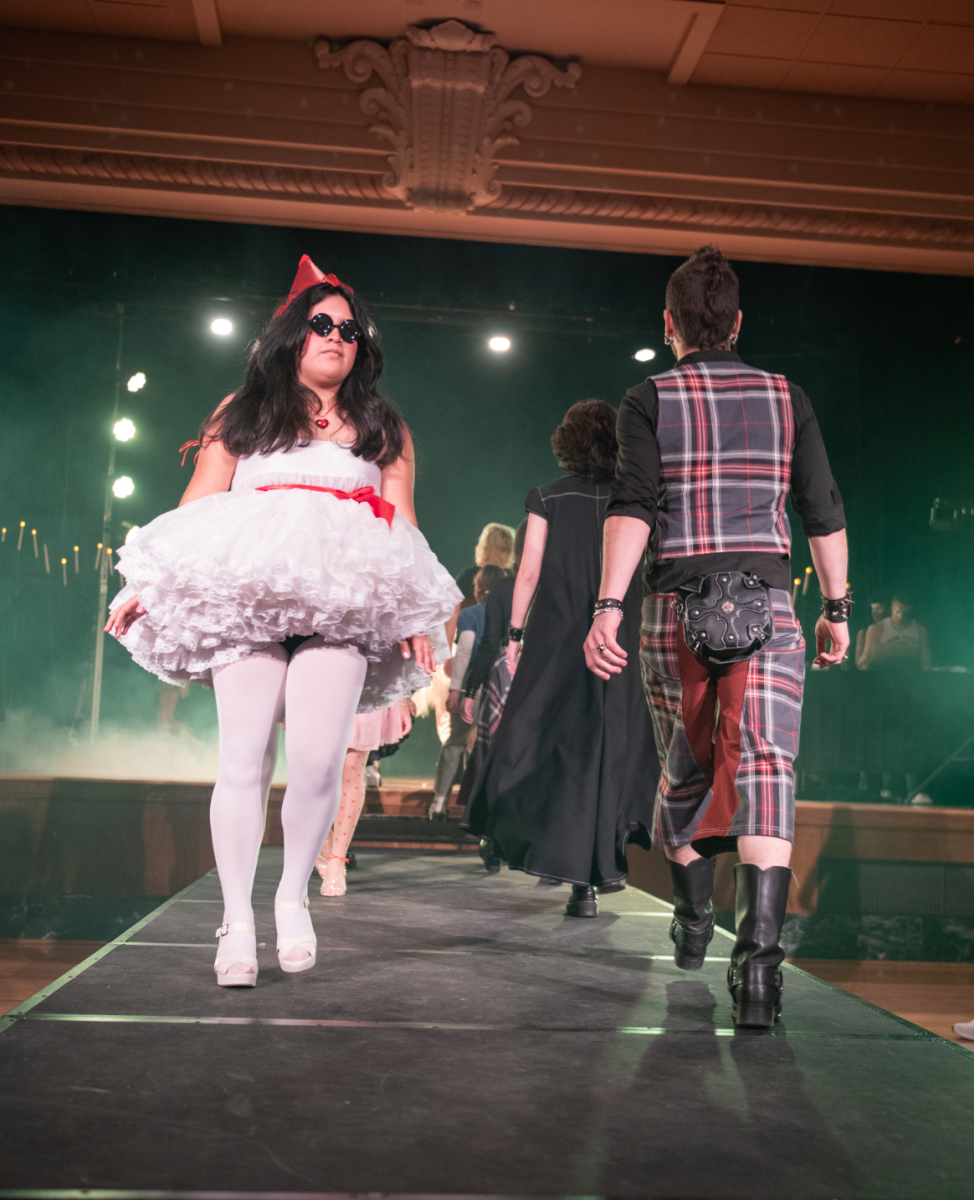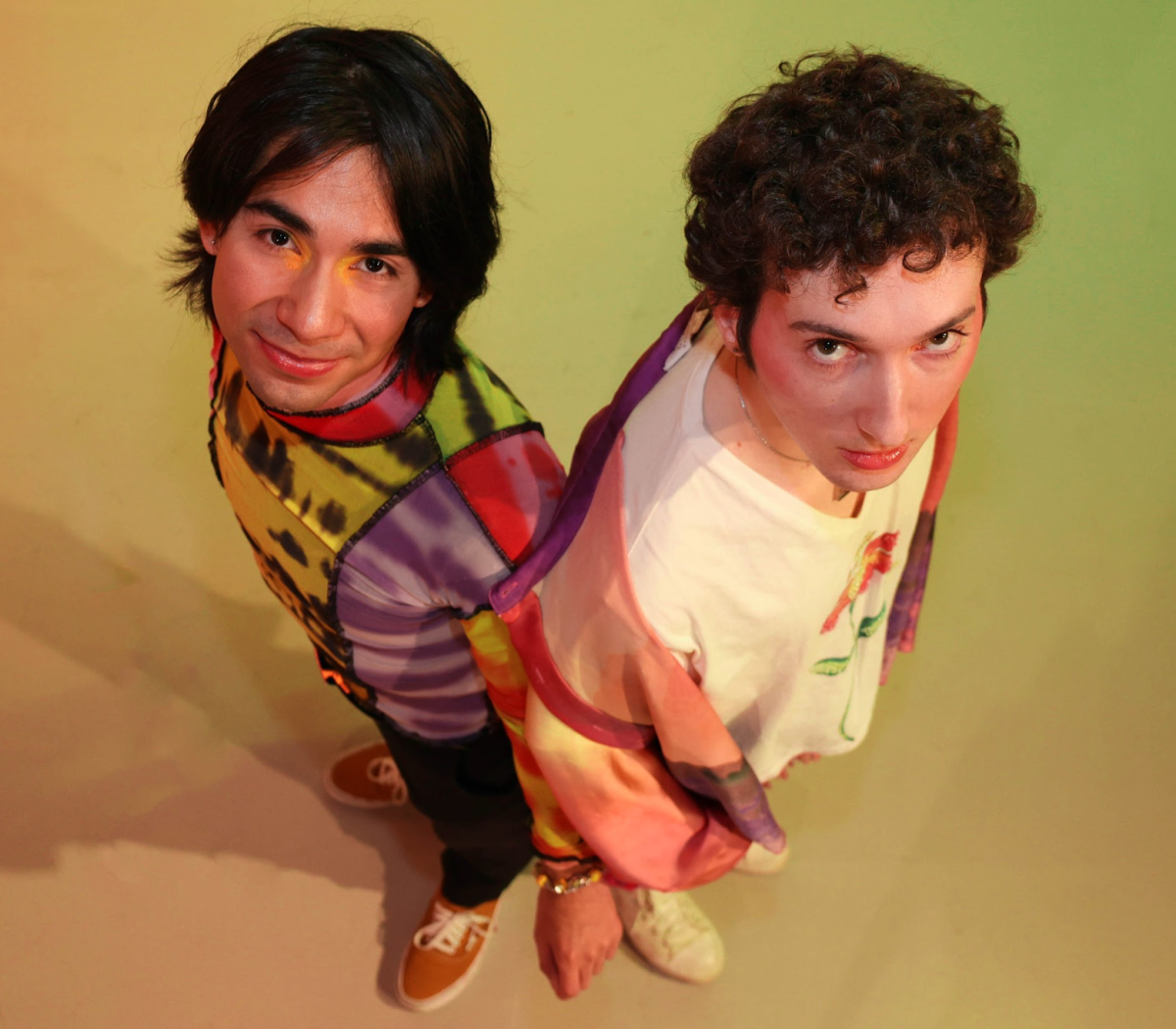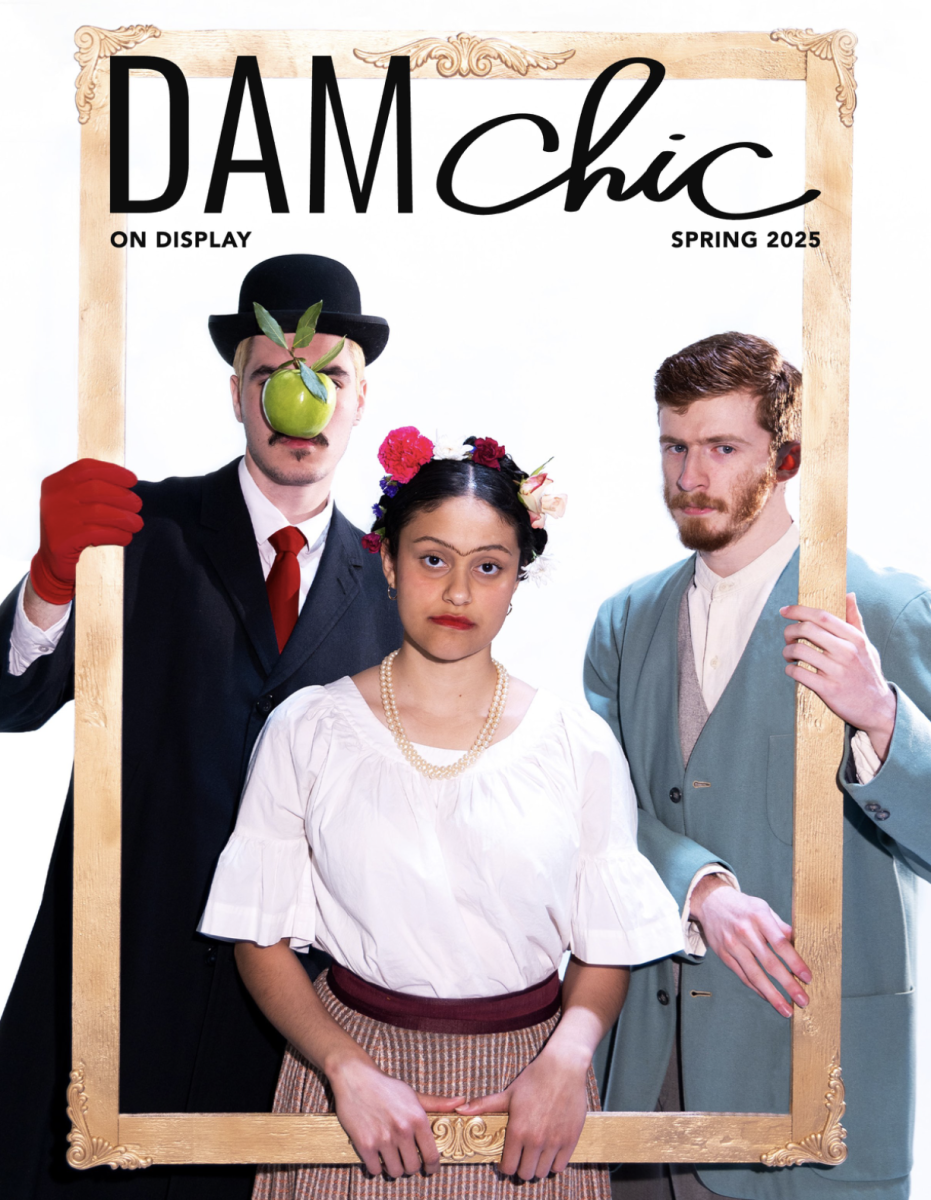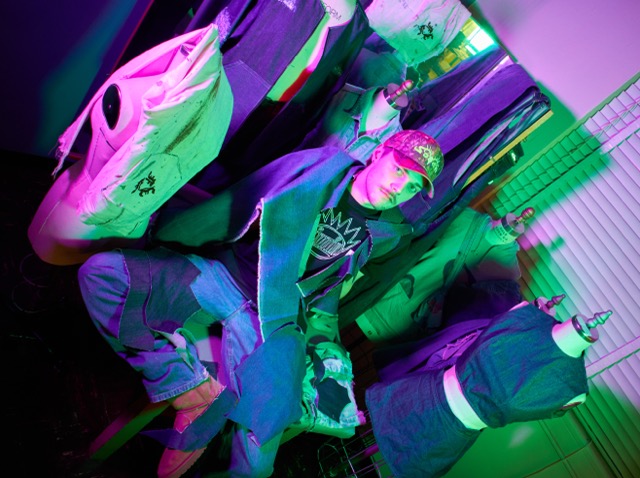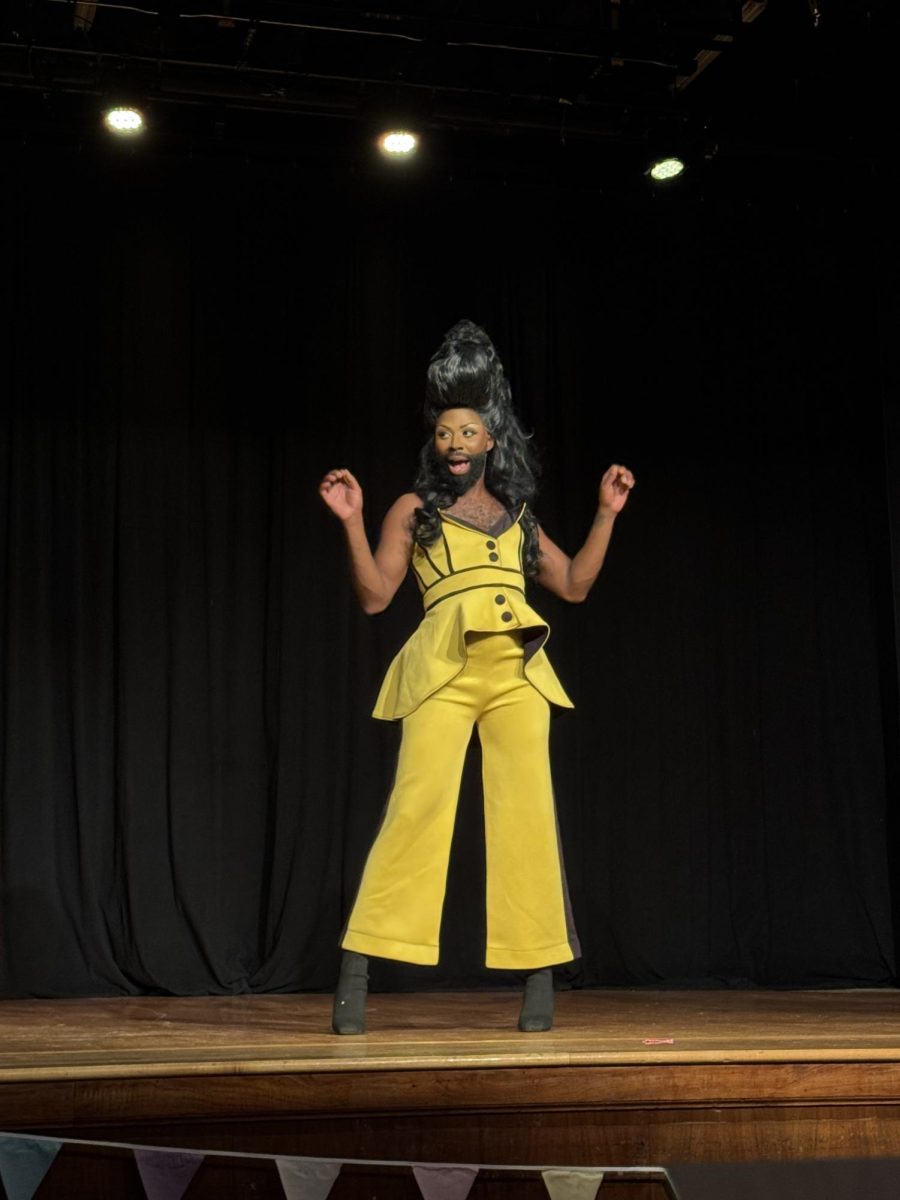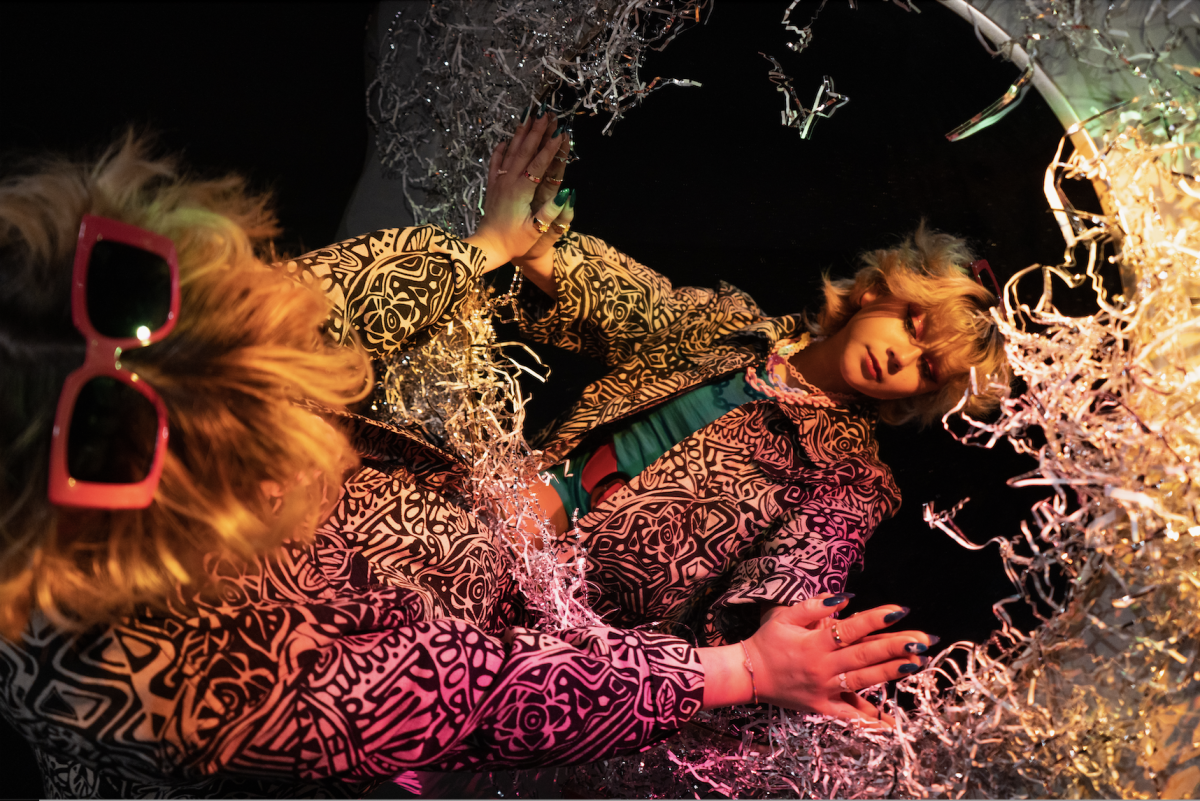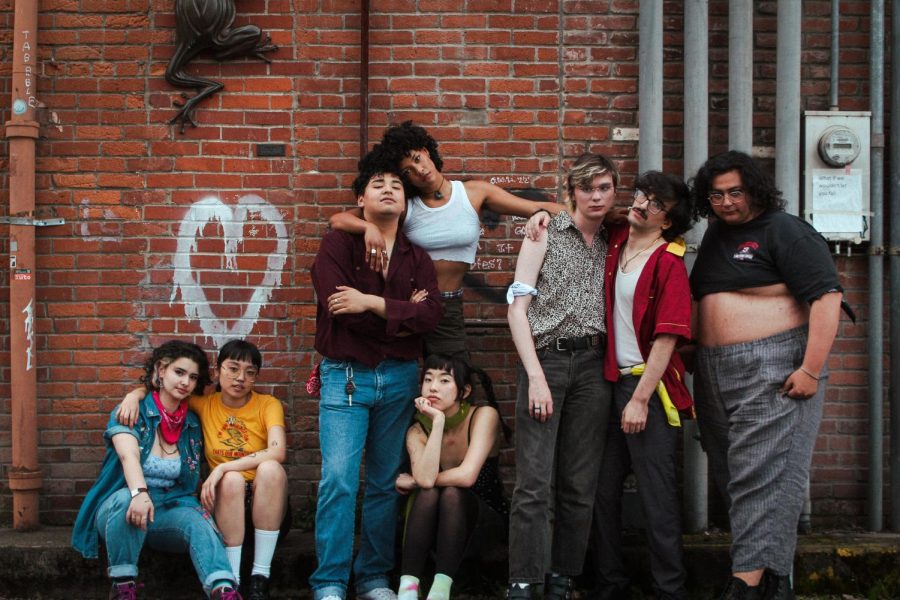When we picture lavish red carpet events, dramatic ball gowns often come to mind. But who do we picture wearing those dresses?
In the recent media, male celebrities like Harry Styles and, Jared Leto have been blowing up because of their experimentation with androgynous fashion on red carpets, the Met Gala, and other notable fashion events. It is a big deal to have genderless fashion featured in some of the most prestigious events in fashion.
But who did walk so that Harry could run (in heels)? Look to LGBTQ+ activists who have been fighting for respect and visibility for decades.
Marsha P. Johnson, a transgender woman, was one of the most significant activists of the LGBTQ+ Rights movement of the 1960s and 70s. Johnson faced arrests and criminal charges simply for wearing feminine clothes and expressing herself. Countless other Black Queer people have been harassed, attacked, or even killed for their own expression. So how is it fair that Styles gets the pioneering fashion badge?
Casper Oliver (he/they) is a local LGBTQ+ activist, script-writer, Mr. Queervallis Pride 2023 award-winning drag performer (under the name Richard Rider) and founder of Thesperience, a Queer performance and activism organization. Oliver states that, on one hand, there are big-name celebrities wearing dresses and, while they still are criticized, “the general public accepts it. And then you have Black, Queer men wearing skirts and either being ludicrously fetishized or horrendously harassed.”
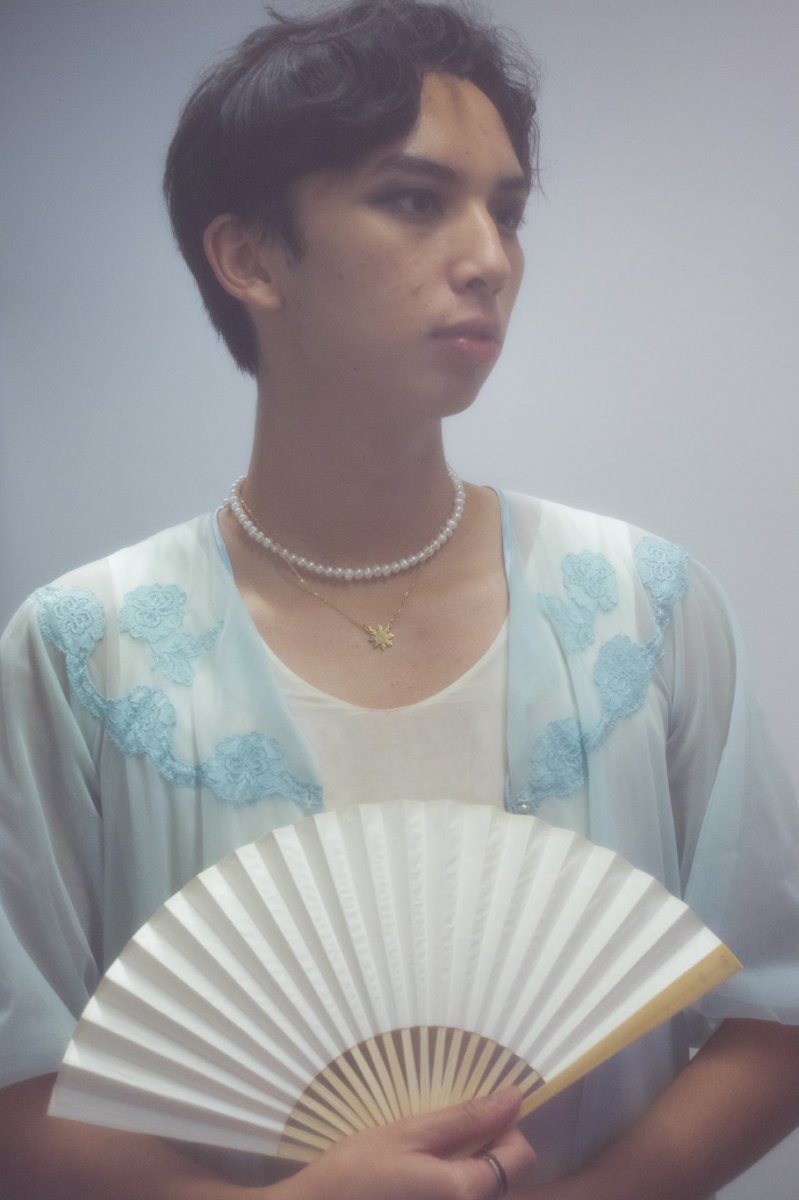
Additionally, Oliver mentions that celebrities like Harry Styles “have the privilege to step out and essentially say, ‘Yeah, I’m wearing whatever I want. No, I will not be answering any questions at this time.’” When well-liked and respected members of our society take inspiration from Queer culture. They don’t have to explain why they are dressing the way they dress, it’s just accepted as cool. That freedom of respect in their own choices in expression simply because the public generally likes them is a luxury that many POC Queer individuals don’t have.
Lyta Blunt (she/they), Mother of the Haus of Blunt and local drag show organizer and performer, plays a huge role in the running of the drag scene in Eugene, OR. Blunt explains that “It is a loss if we are not acknowledging how others are perceived when they do the same things.”
“Straight people are kind of benefitting from other people’s speculation and are gaining audience and gaining notoriety from this speculation of their queerness” Which, Lyta explains, is very frustrating when there are actual Queer people that need our support.
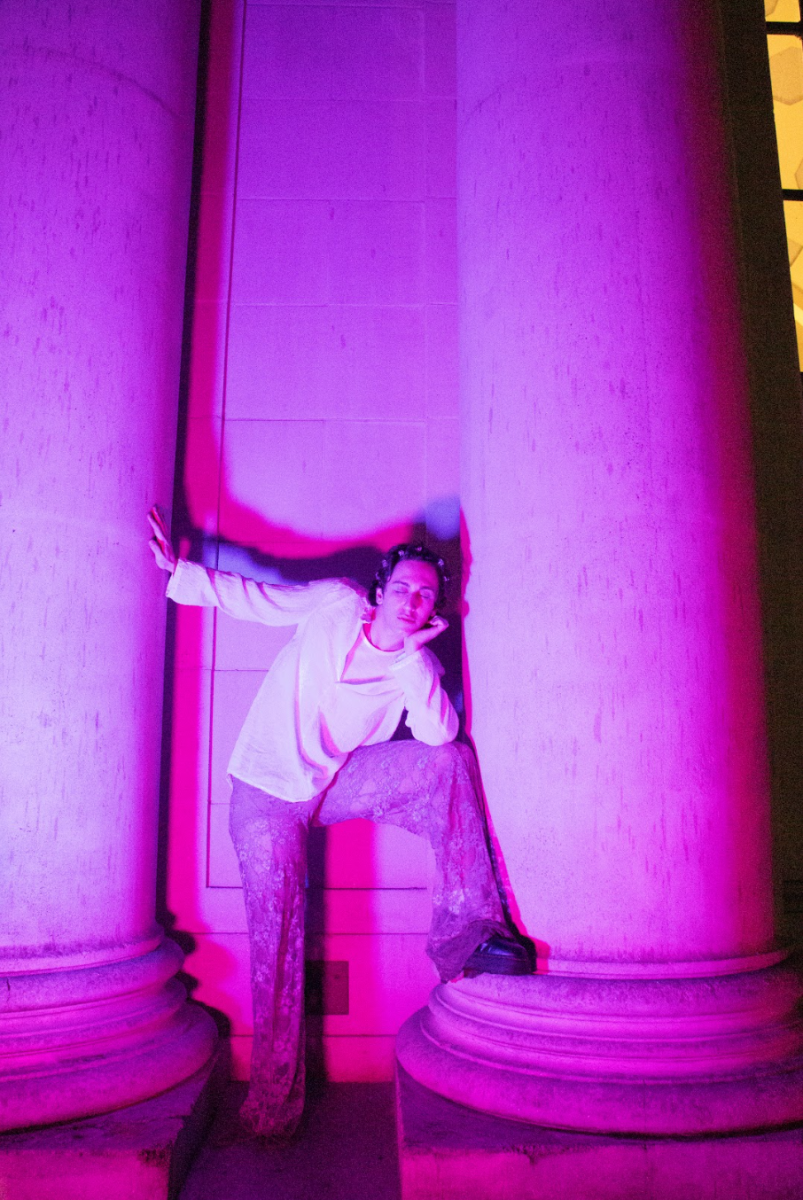
While praising straight artists for their androgynous or non-traditional fashion is opening up the conversation around who can wear what, Blunt points out that this discourse that is rampant among media outlets is not really about embracing the community. It is more about audiences fixating on elements of queer culture and wanting attractive, palatable vehicles for those messages while ignoring the hardworking, local Queer artists.
Oliver explains that everyone should be able to wear whatever they want as long as it is not appropriating another culture, however, that does not mean that it still isn’t frustrating to see certain people receive praise and be celebrated for wearing certain styles that others, particularly Queer POC, have received so much hate for.
When small Queer POC artists are working hard to earn respect for the way they express themselves despite the constant pressure to fit into our culture’s norms and gender expectations, it can feel like a slap in the face to turn around and praise celebrities for barely dipping their toes into the pool of Queer expression.
Take it from Blunt- “To sum it all up, put the energy you are putting into justifying ambiguity of your favorite white, cis-het artist into supporting real-life Queer people.”


